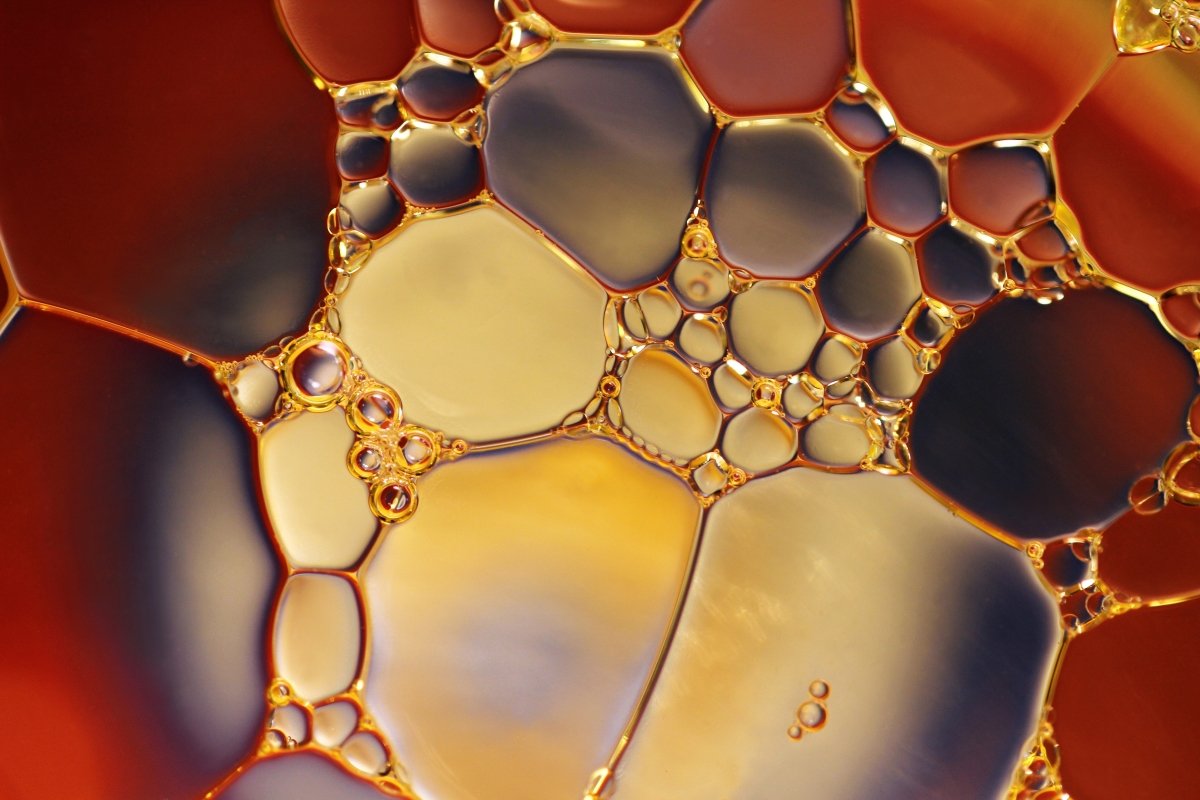
The Power of Aromatherapy
The Power of Aromatherapy: How Scent Can Improve Your Health and Well-Being
Scent is a powerful trigger that activates our ‘brain of emotion’ known as the limbic system – a network of connected structures near the middle of the brain linked within the central nervous system. These structures work together to affect a wide range of behaviours including emotions, motivation, and memory.
- The odour (esters) floats in the air reaching the nostrils and dissolving in the mucus (which is on the roof of each nostril). Underneath the mucus, in the olfactory epithelium, specialised receptor cells called olfactory receptor neurons detect the odour. These neurons are capable of detecting thousands of different odours.
- The olfactory receptor neurons transmit the information to the olfactory bulbs, which are located at the back of the nose. The olfactory bulbs have sensory receptors that are actually part of the brain which sends messages directly to the most primitive brain centres where they influence emotions and memories (limbic system structures) + higher centres where they modify conscious thoughts (neocortex). Helping us to distinguish different scents, like coffee from an orange, for example.
Aromatherapy is the practice of using natural plant extracts, also known as essential oils, to promote physical and mental health. This ancient healing practice has been used for thousands of years to treat a variety of ailments and promote overall well-being.
Essential oils are extracted from various parts of plants, including flowers, leaves, stems, and roots. They contain the natural scent and flavour of the plant and are highly concentrated, making them powerful therapeutic agents. Aromatherapy works by stimulating the olfactory system, which is responsible for our sense of smell. When we inhale the scent of essential oils, the molecules travel to the brain, where they can have a direct impact on our emotions, mood, and behaviour.
One of the most popular uses of aromatherapy is to promote relaxation and reduce stress and anxiety. Essential oils such as lavender, chamomile, and bergamot have calming and soothing properties that can help reduce feelings of tension and promote a sense of calm. Aromatherapy can also be used to improve sleep quality. Essential oils such as lavender and valerian root have sedative properties that can help promote restful sleep and improve sleep duration.
In addition to its mental health benefits, aromatherapy can also be used to promote physical health. Essential oils such as eucalyptus and peppermint have natural decongestant properties that can help clear the respiratory system and improve breathing. Tea tree oil has natural antiseptic properties that can help fight infections and promote wound healing.
When using aromatherapy, it is important to use high-quality essential oils and to follow proper safety guidelines. Essential oils should always be diluted before use and should not be ingested unless under the guidance of a qualified healthcare professional.

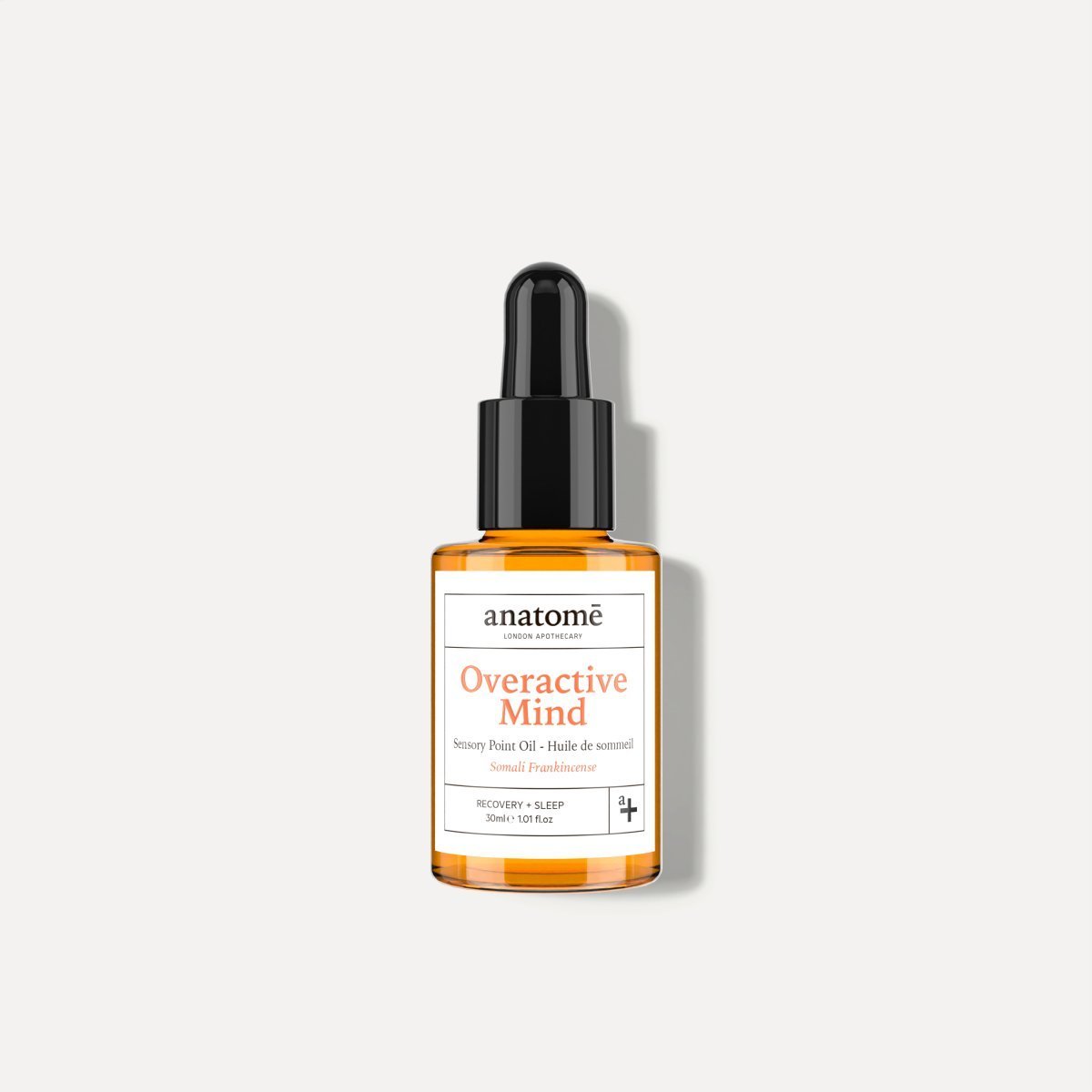
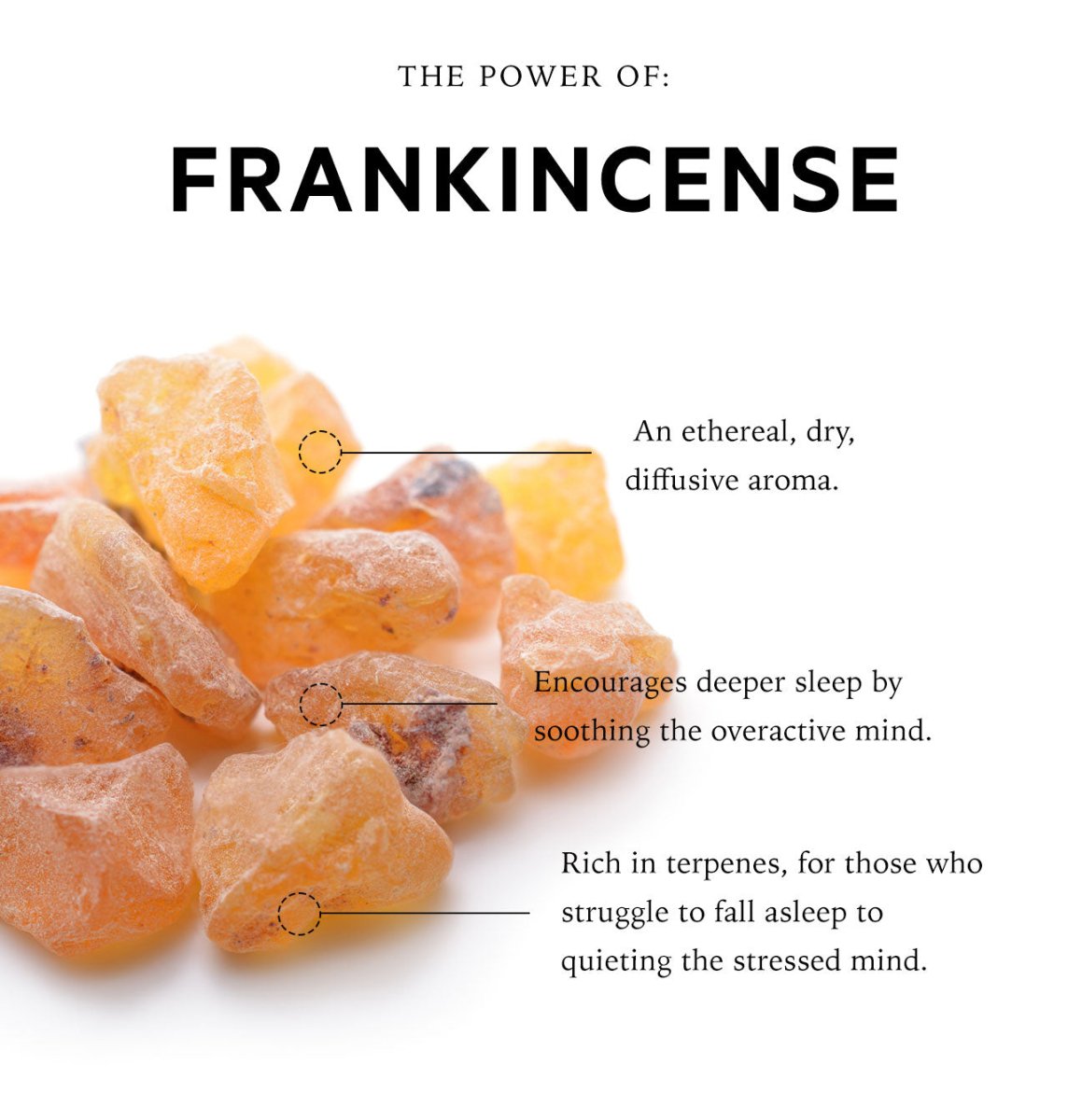

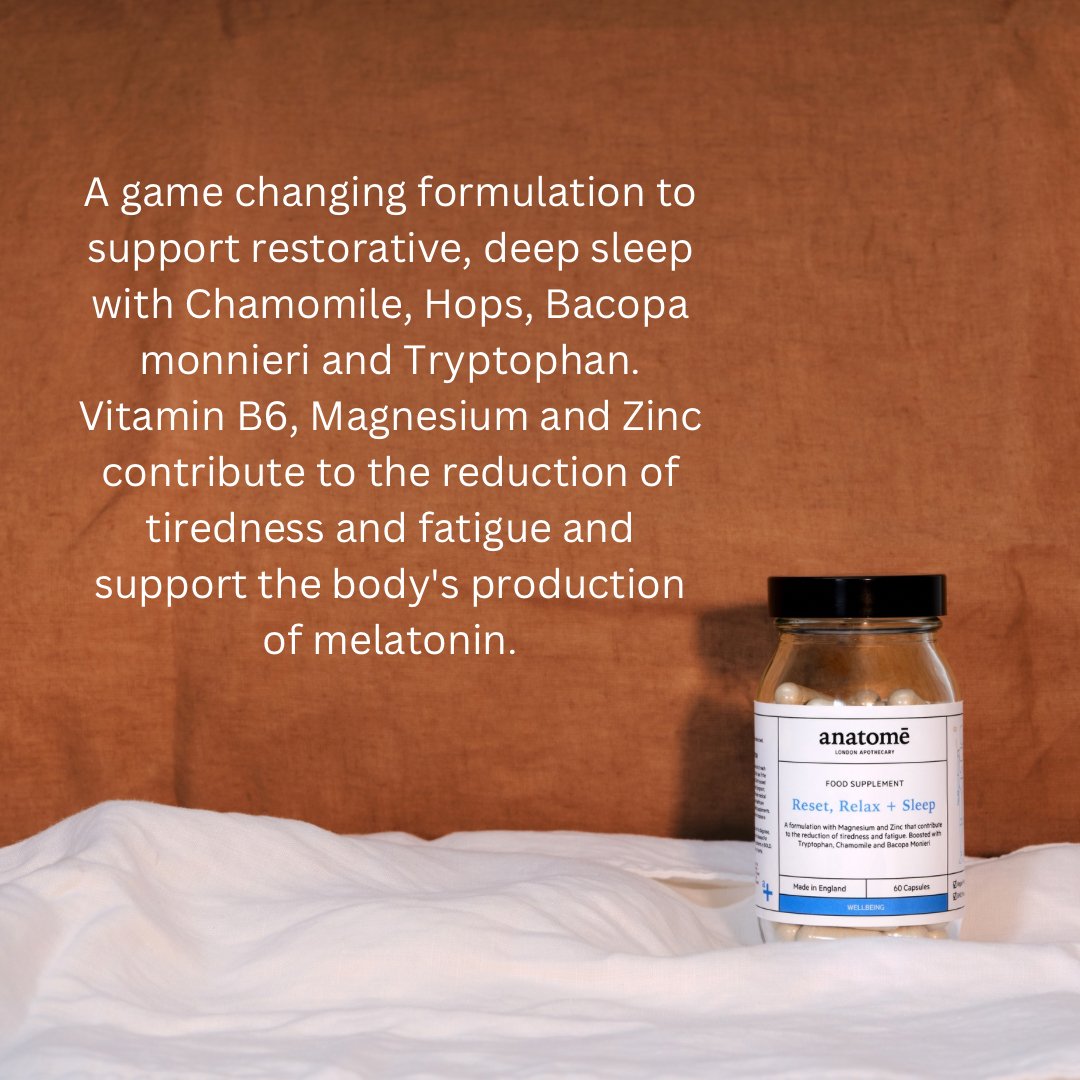
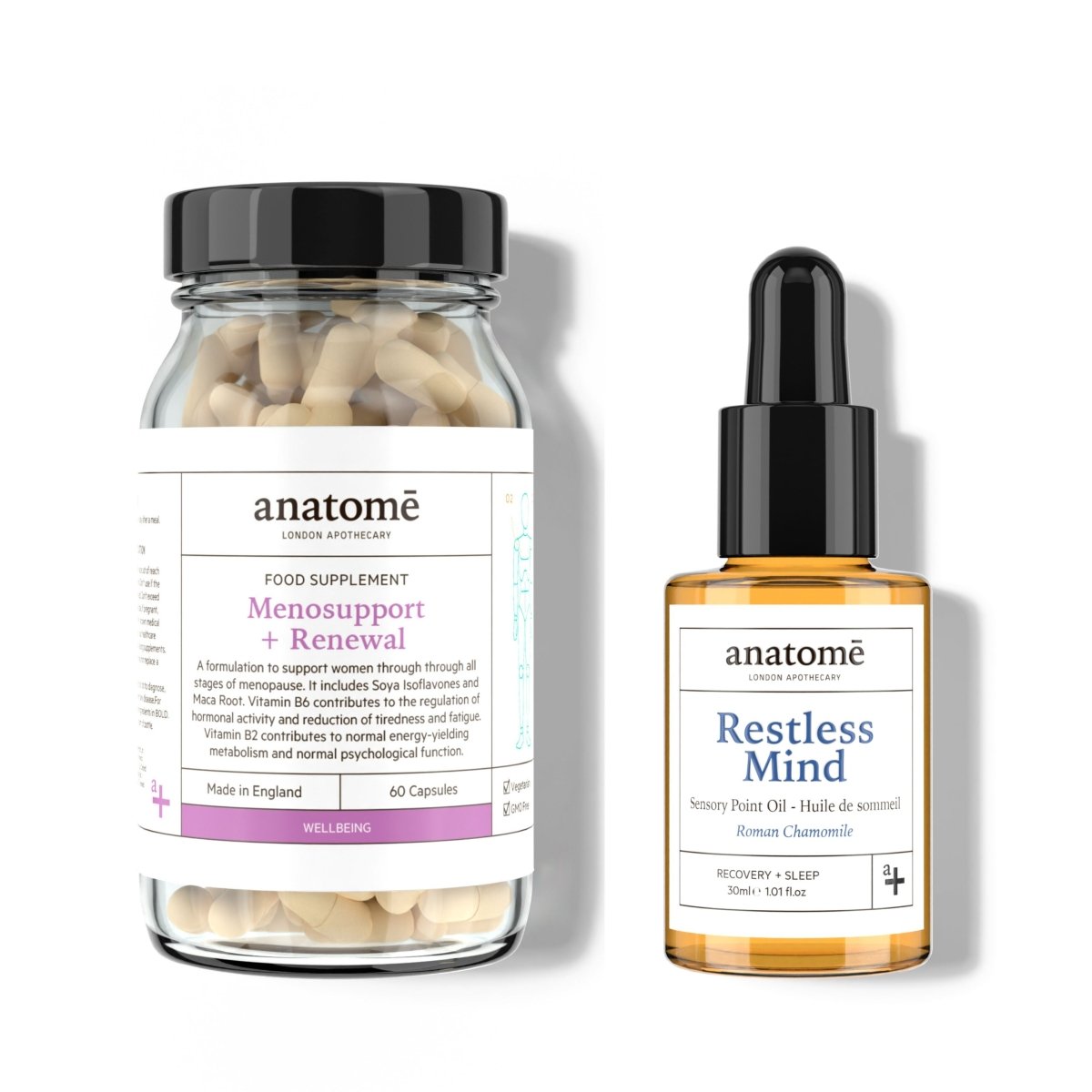


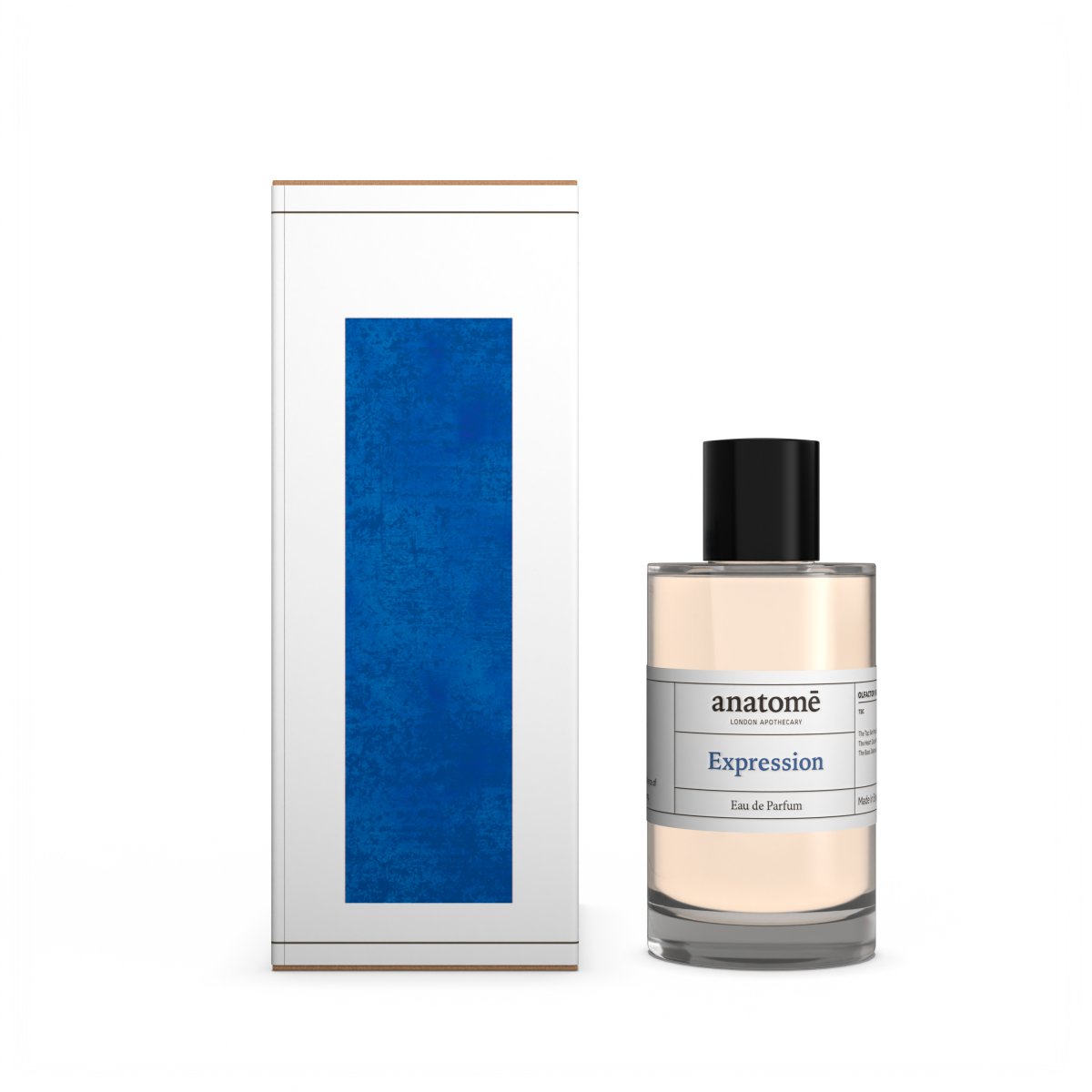
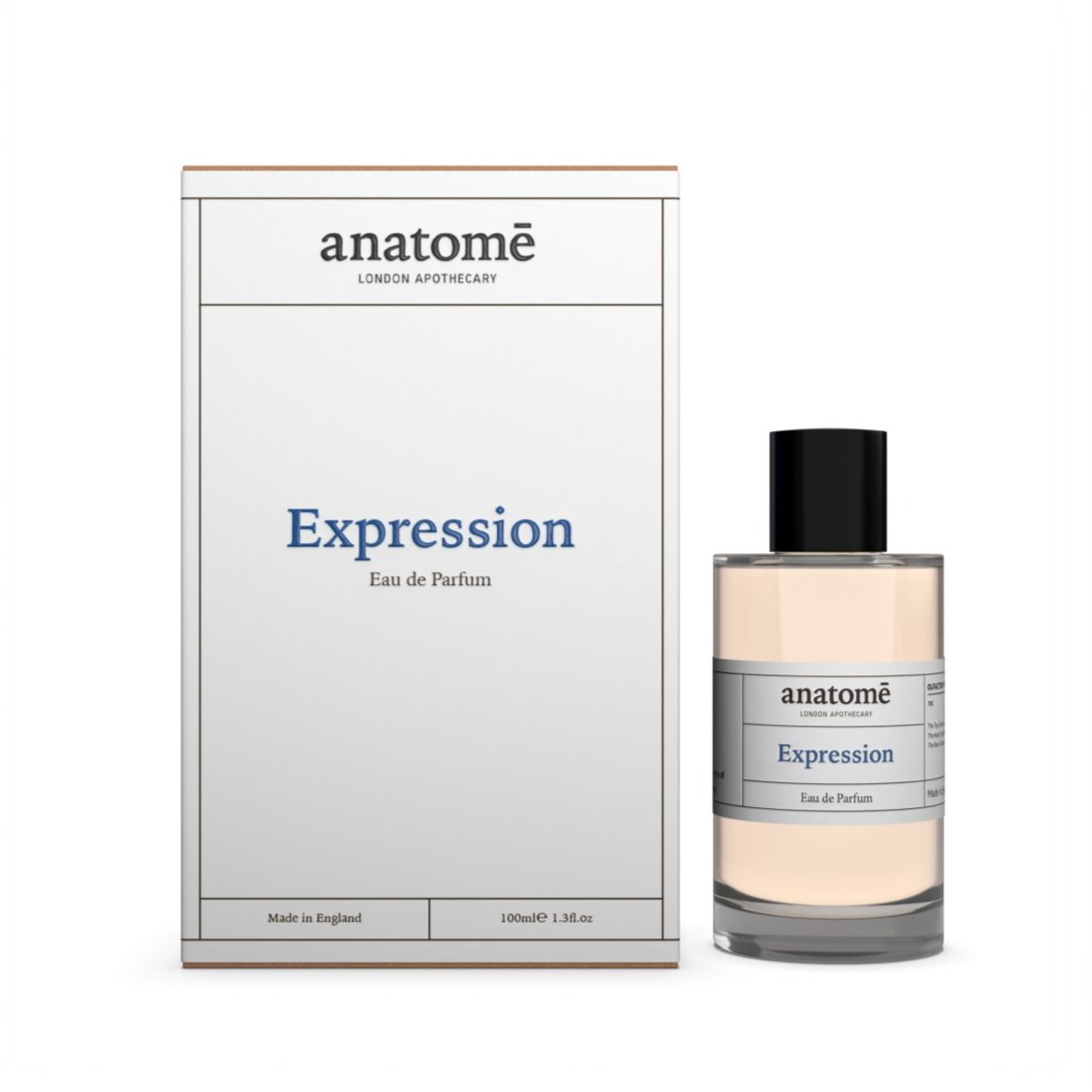
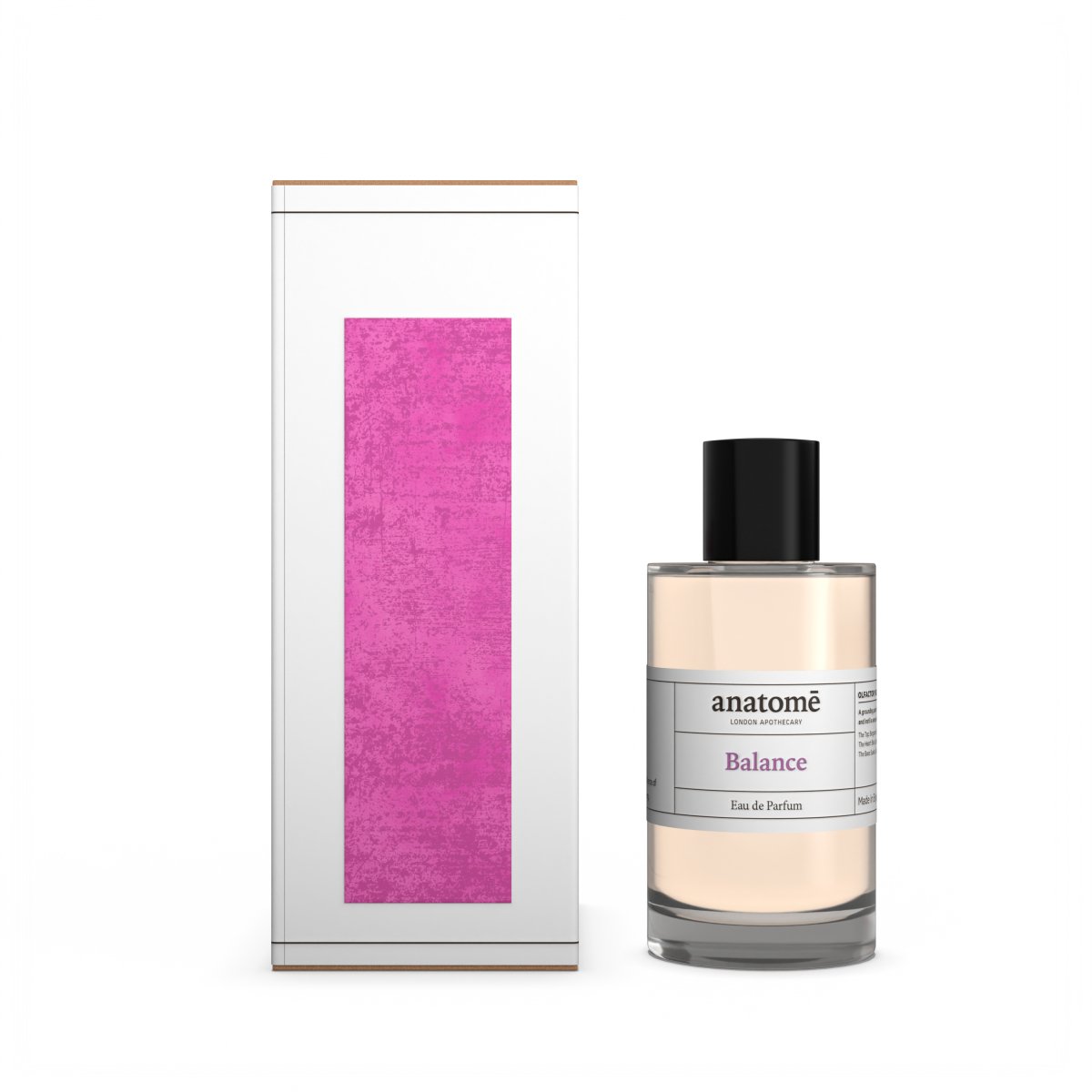
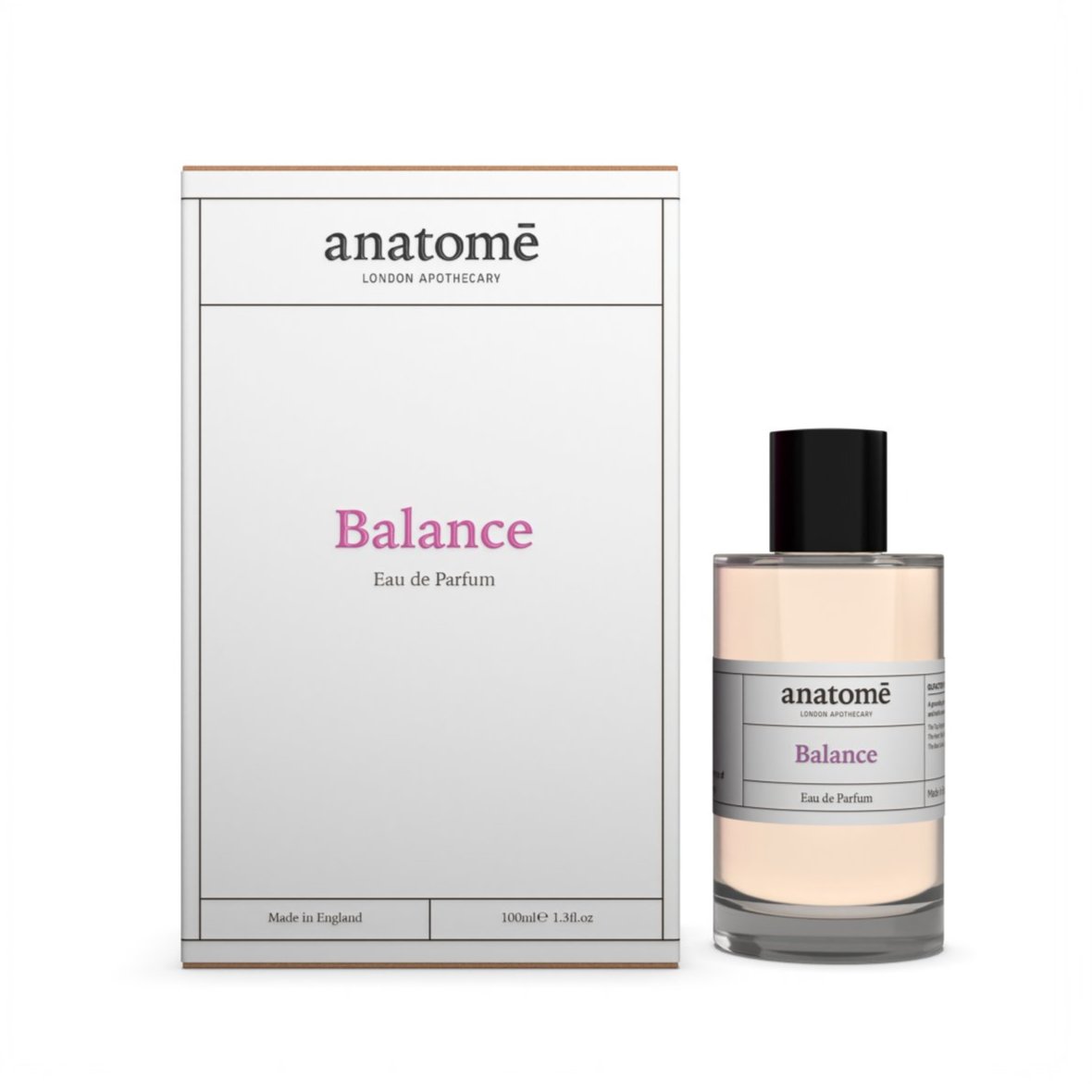
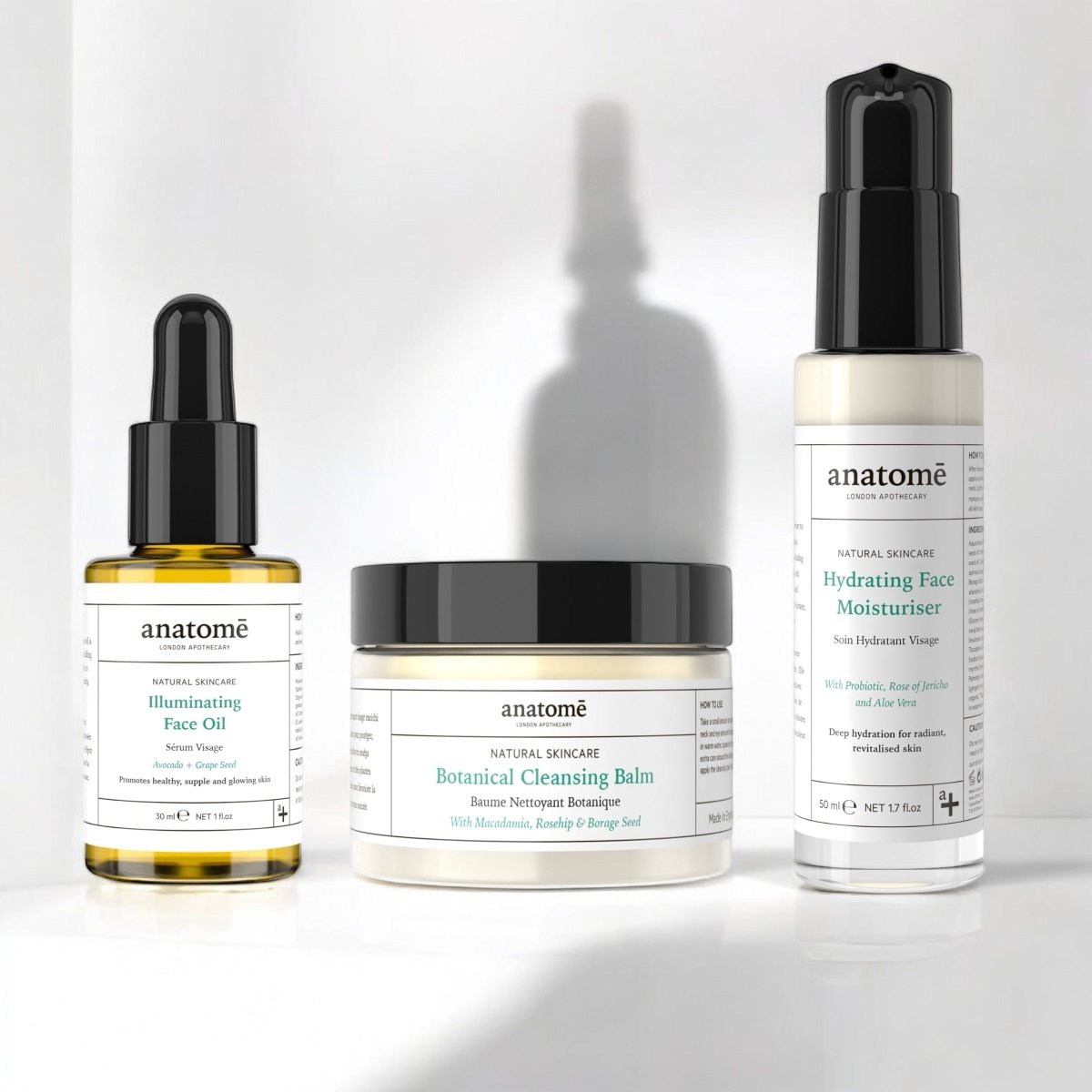
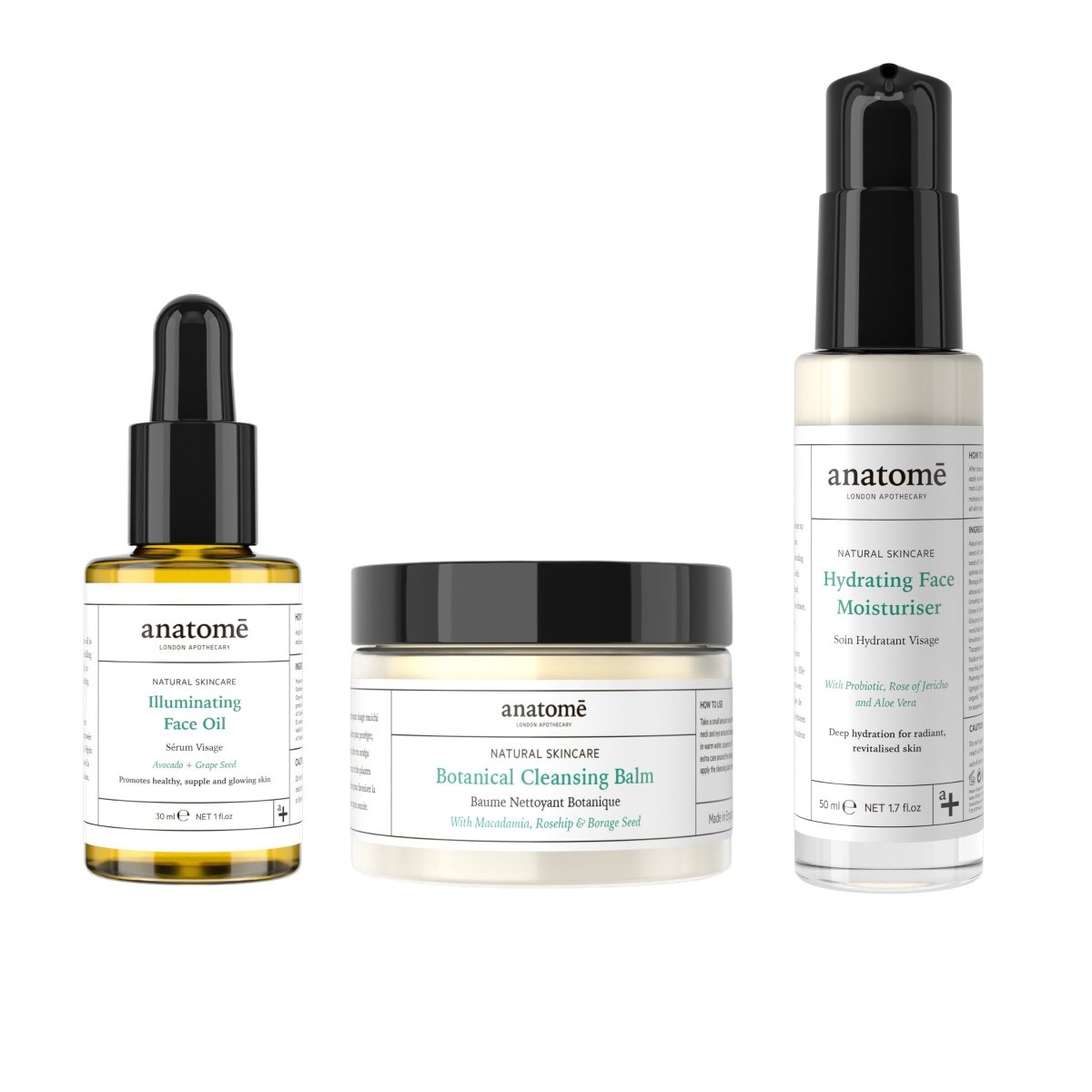
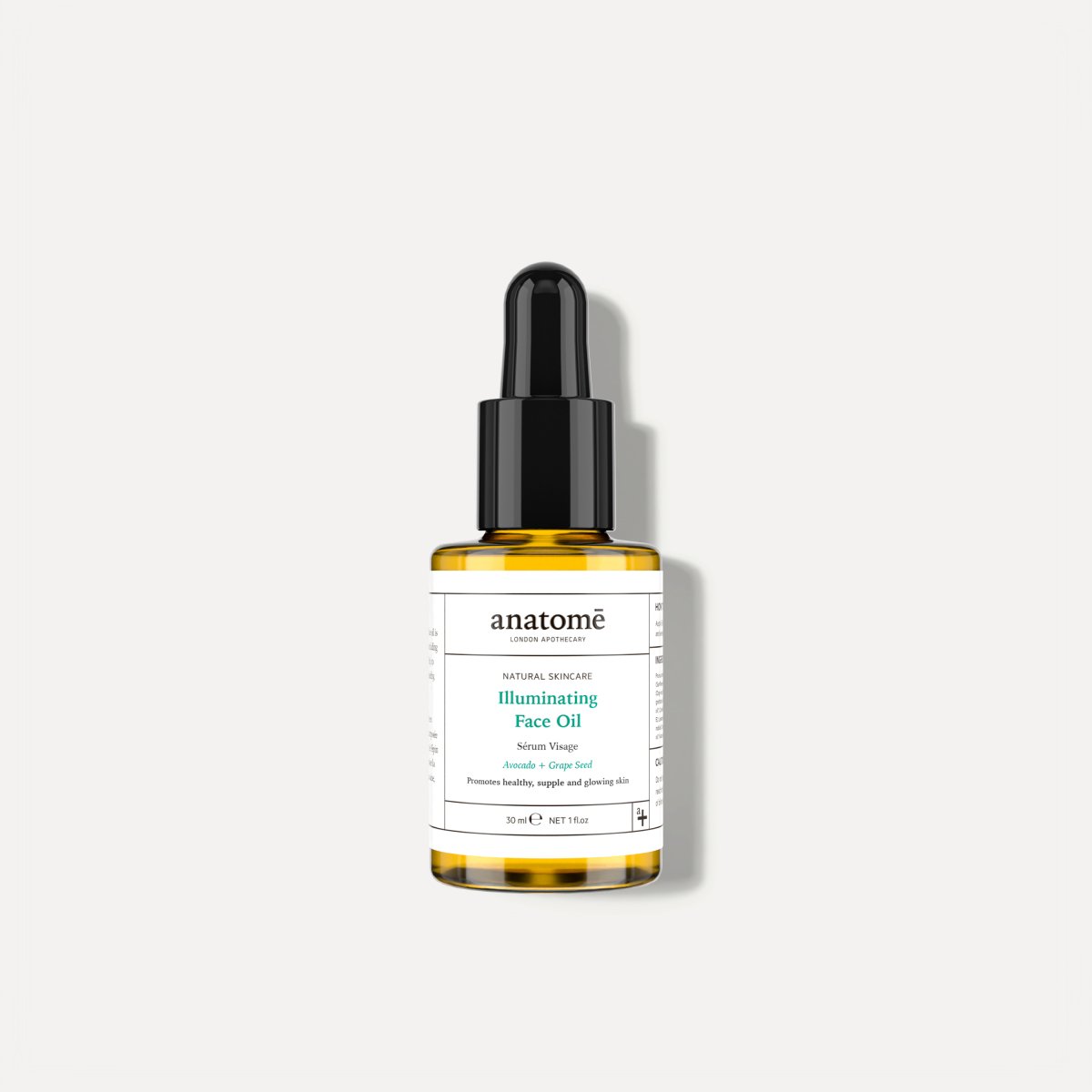

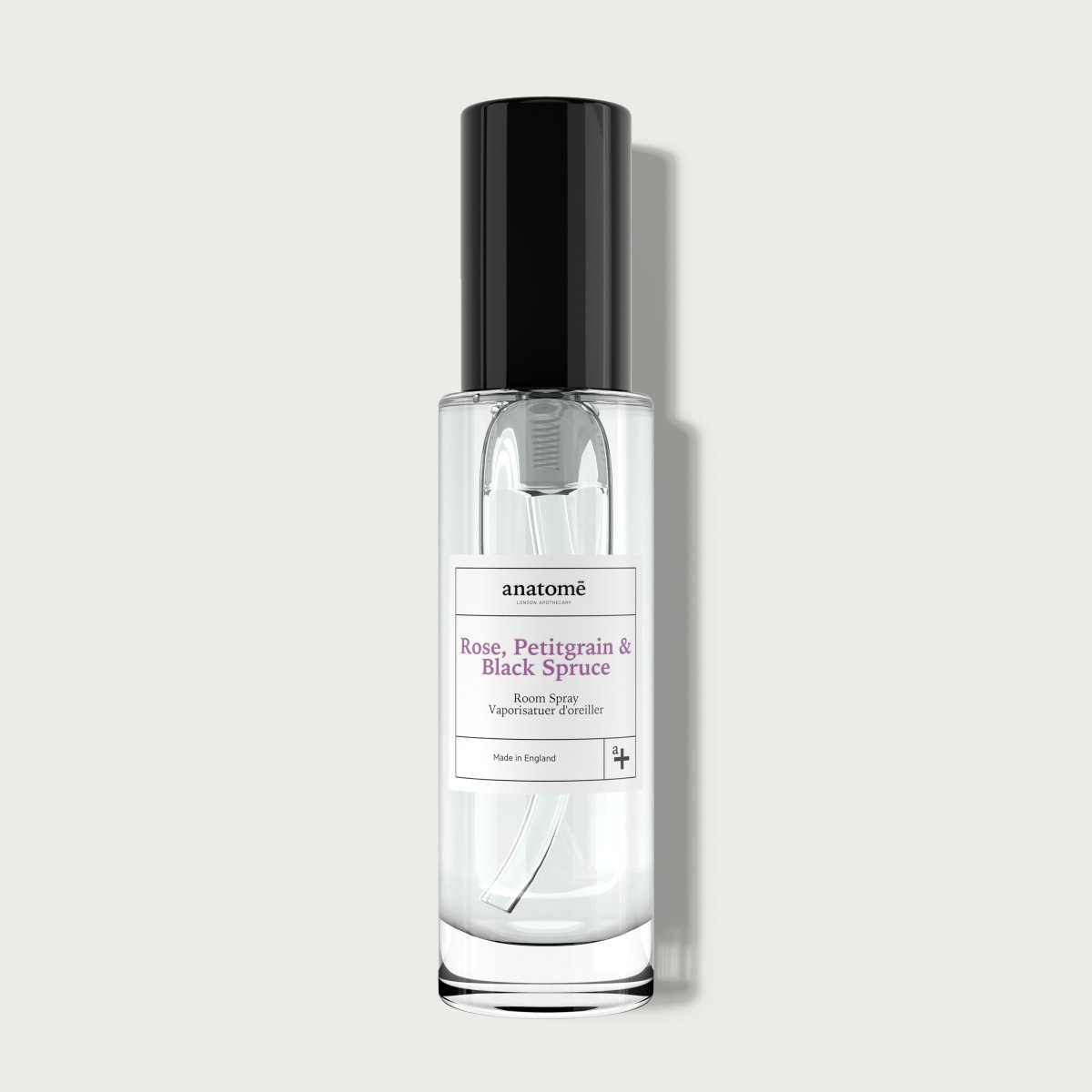
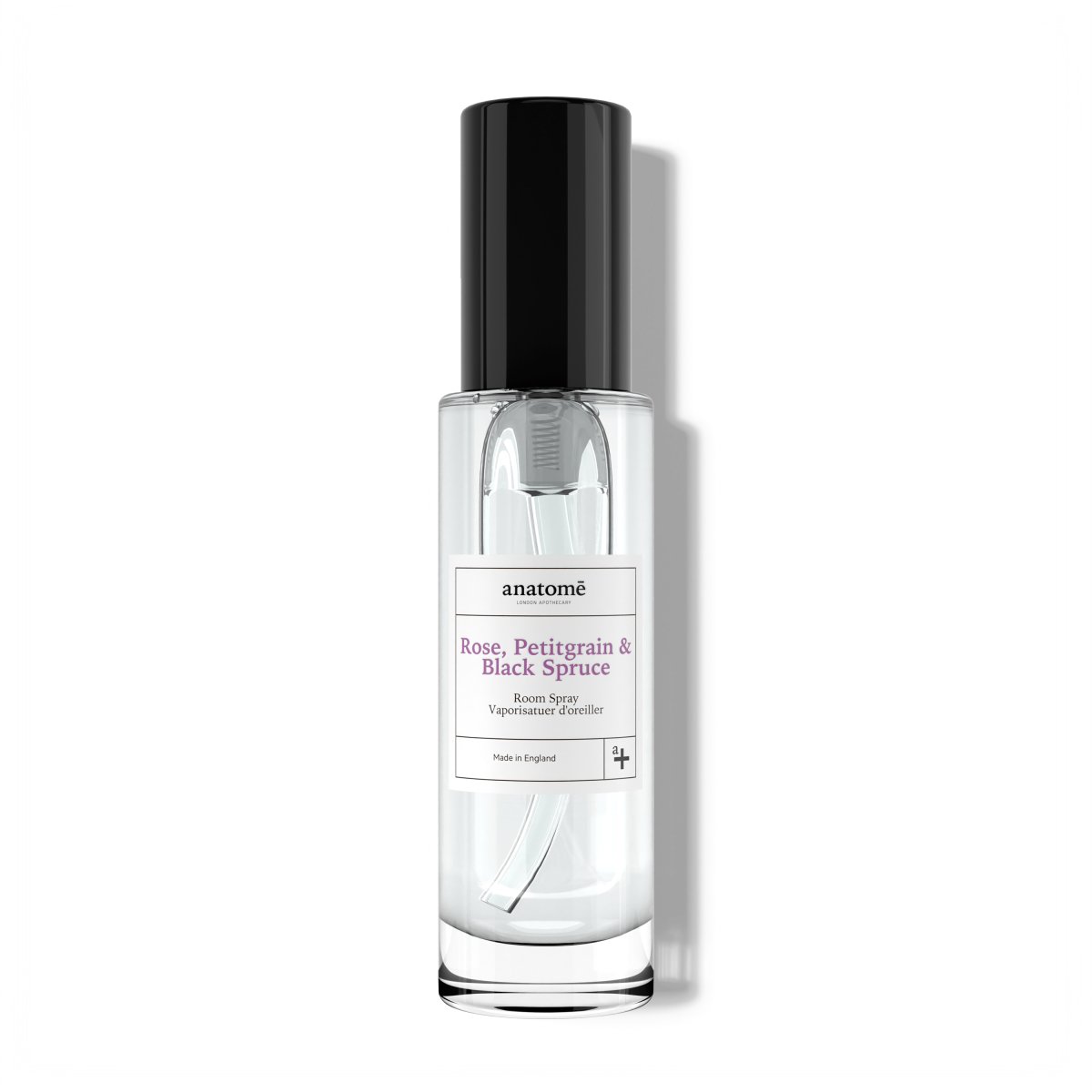
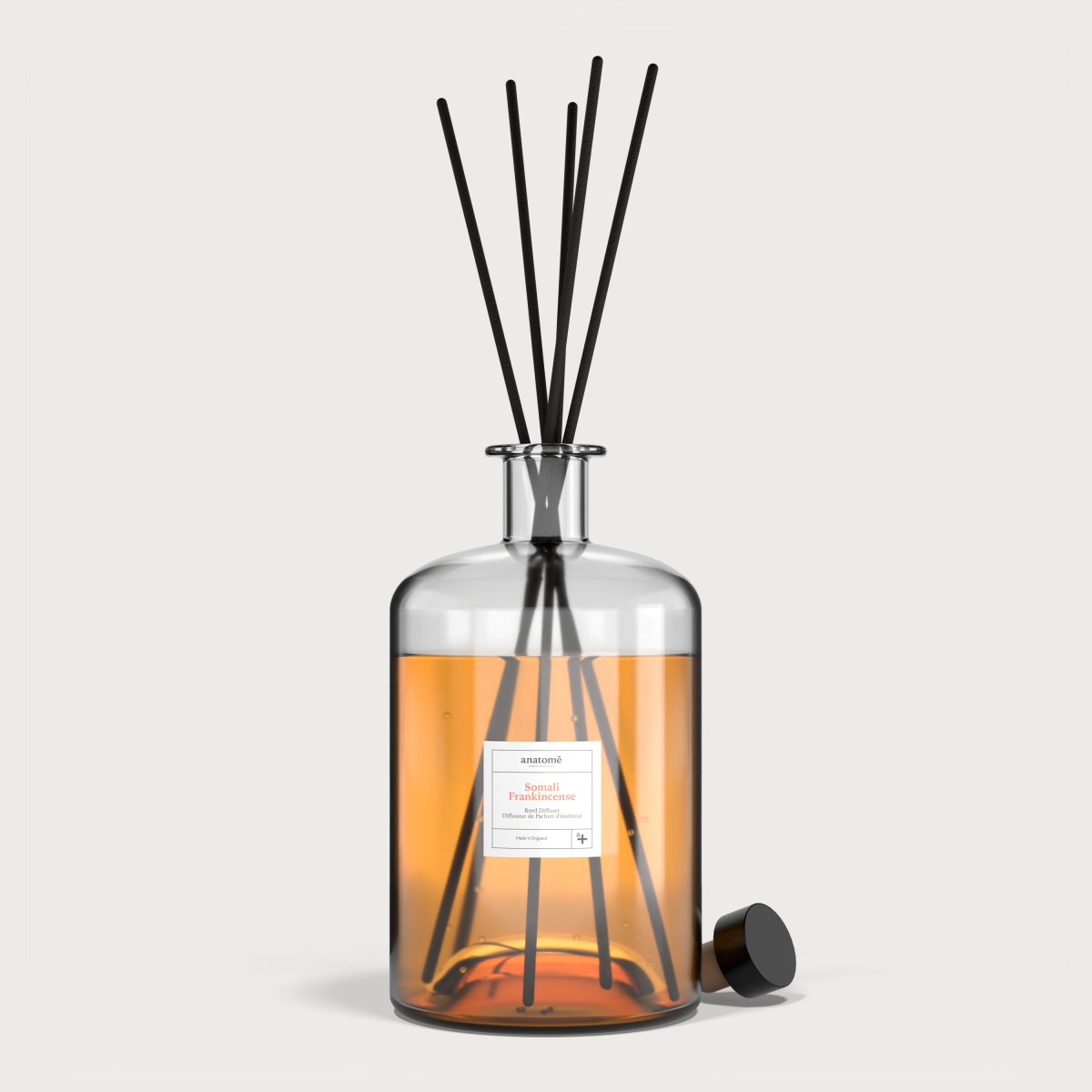
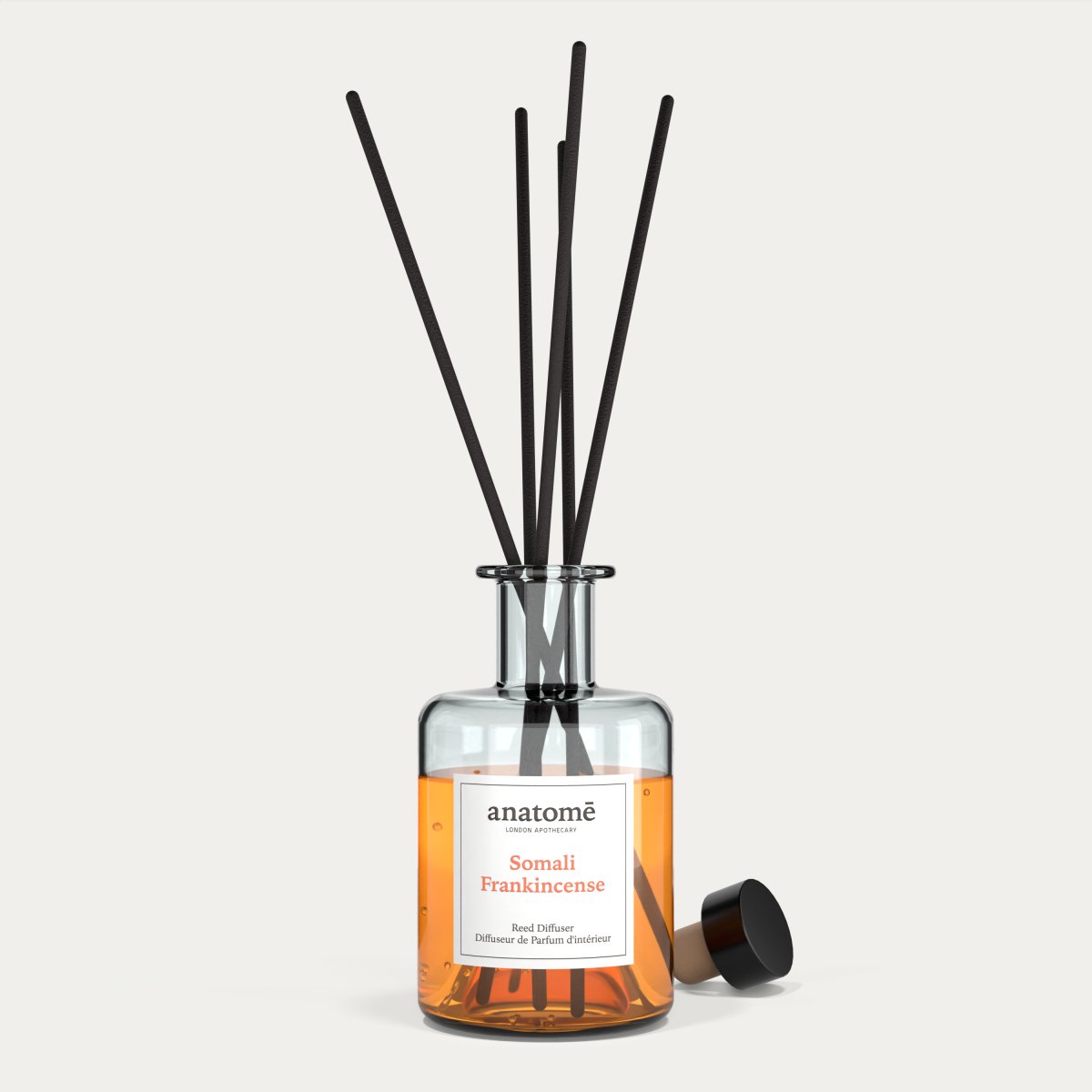

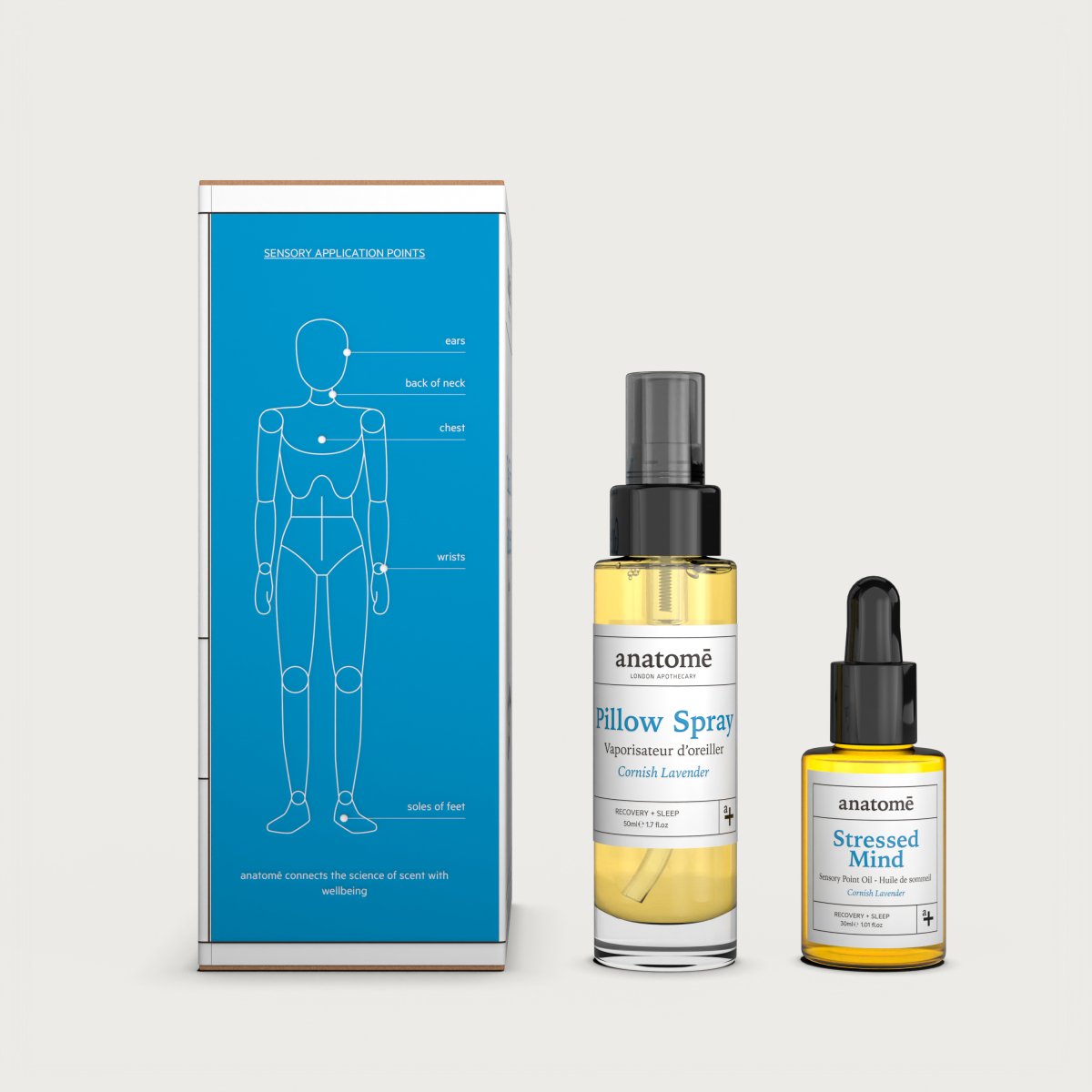
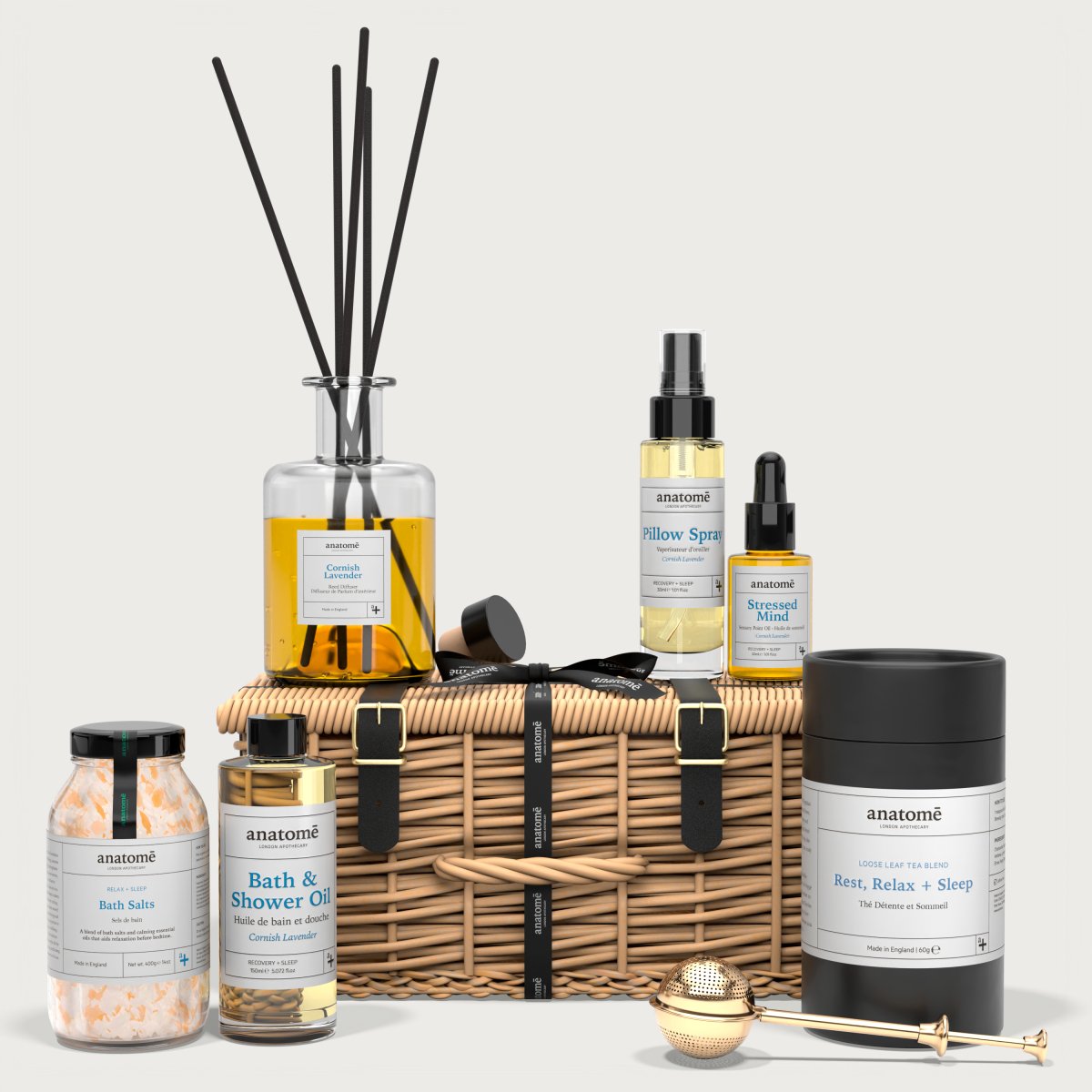
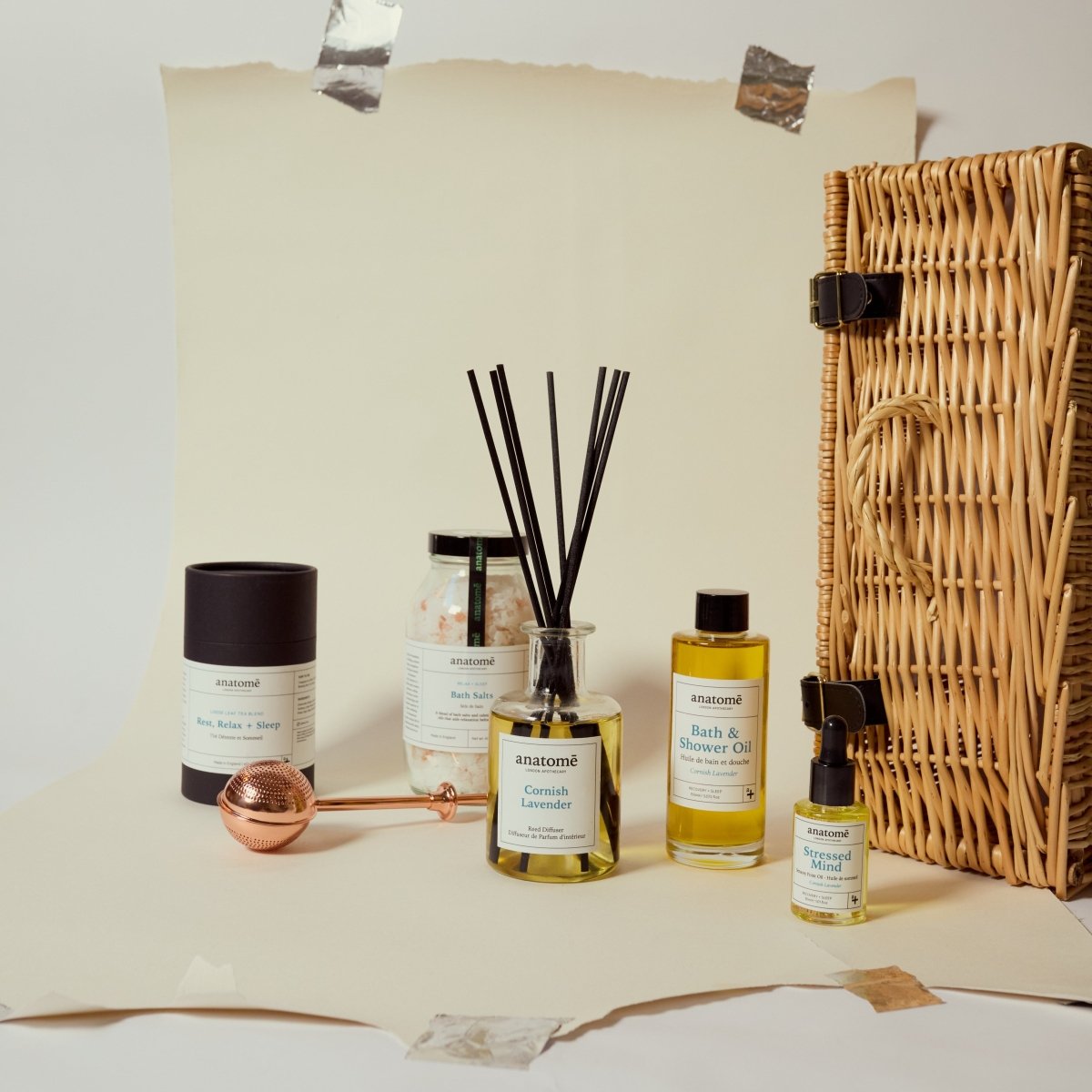







Leave a comment
This site is protected by hCaptcha and the hCaptcha Privacy Policy and Terms of Service apply.